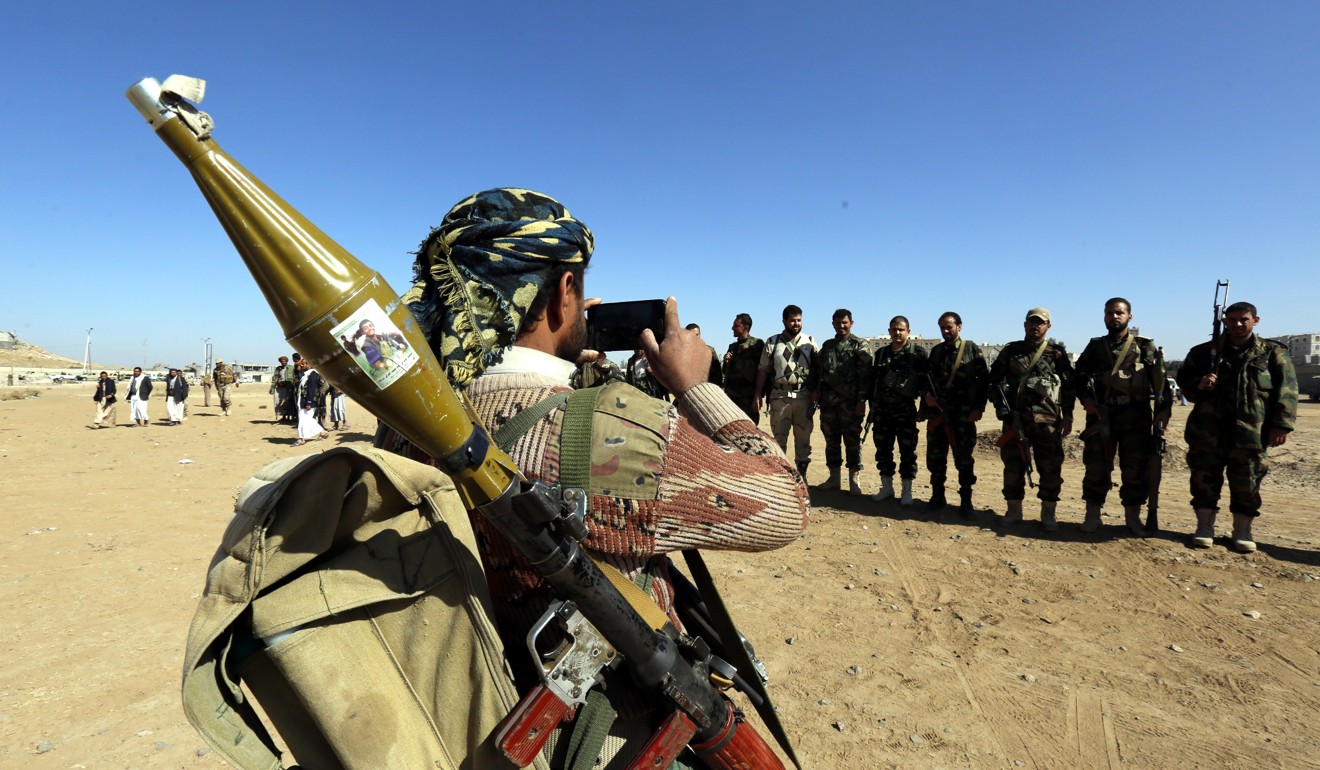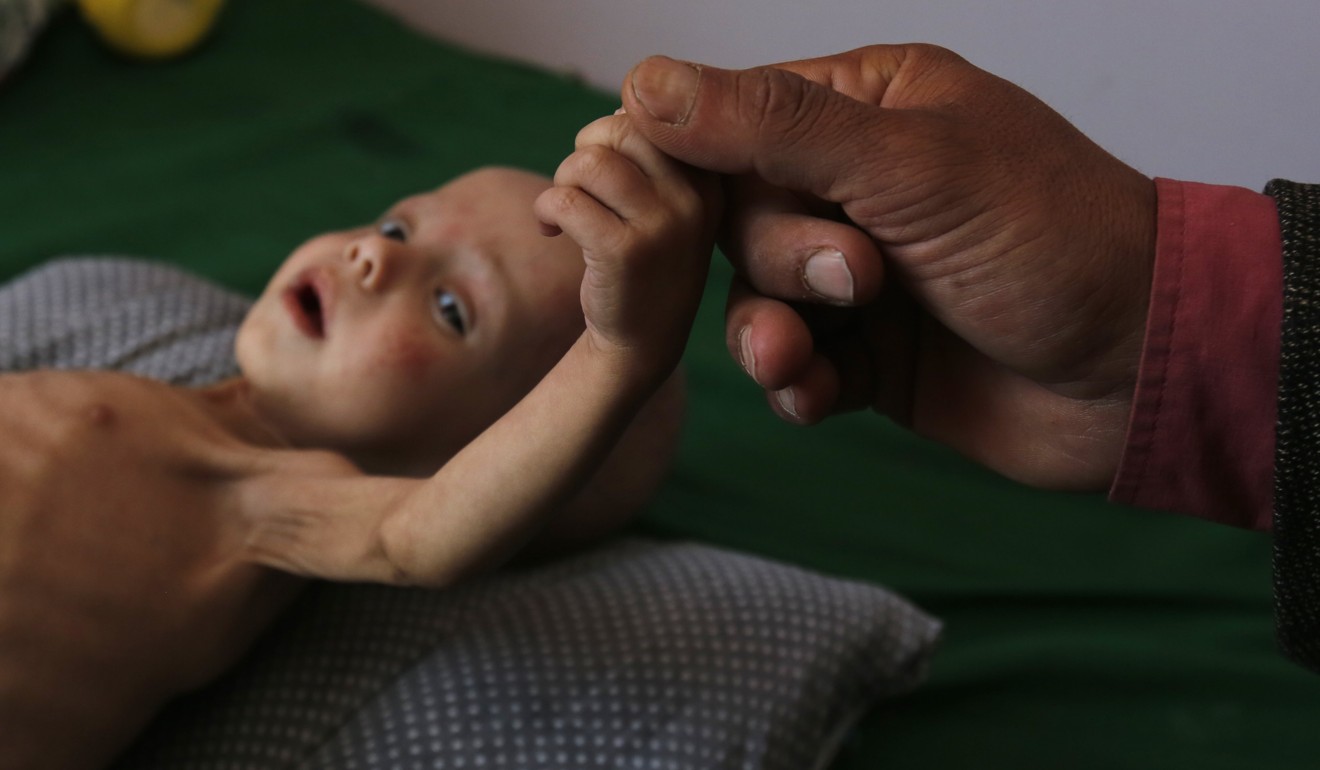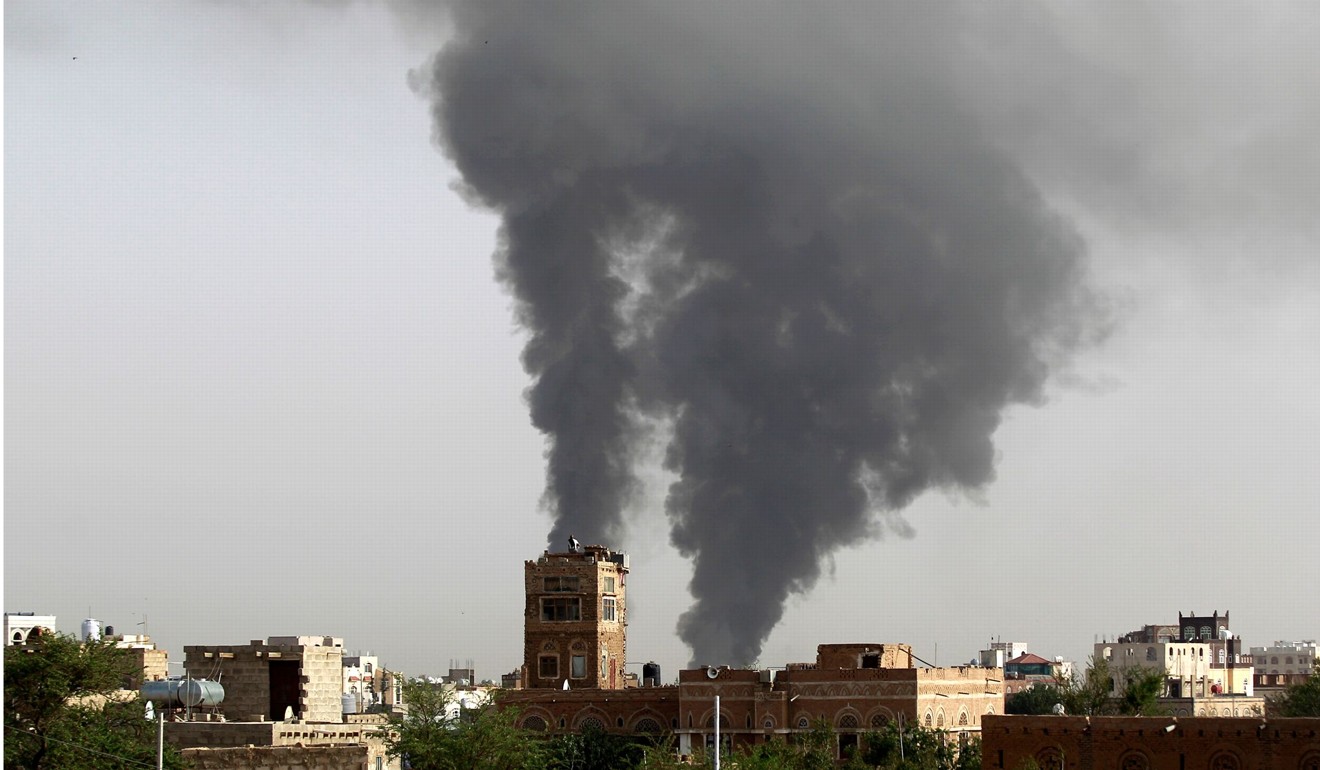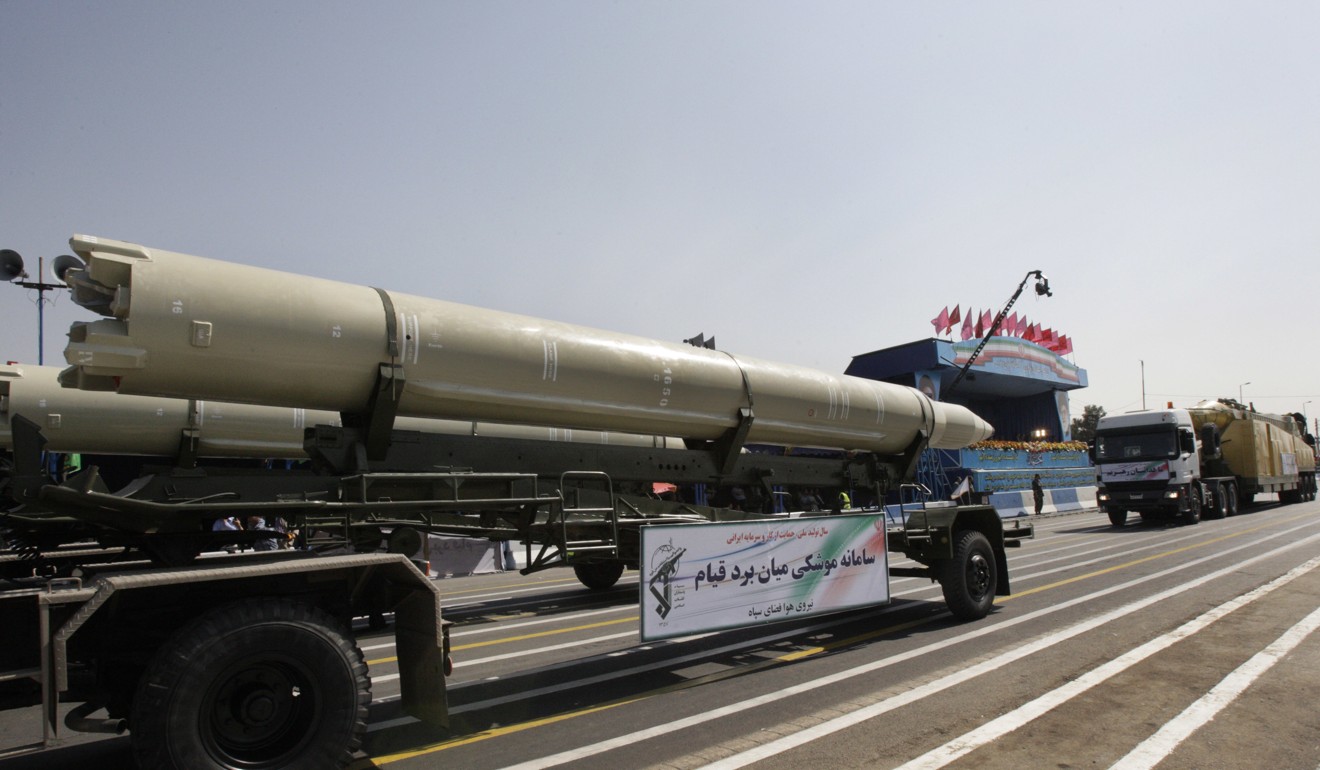
Saudi-led coalition threatens Yemen by blocking aid, says UN
Some 7 million people are on the brink of famine and nearly 900,000 have been infected with cholera
The Saudi-led military coalition fighting Houthi rebels in Yemen is threatening the peace, security and stability of the country by blocking humanitarian aid, United Nations sanctions monitors told the Security Council in a confidential report.
The independent monitors also called on the coalition to provide evidence backing Riyadh’s claim that Iran was supplying missiles to the Houthi rebels, warning that failure to do so would violate a February 2017 council resolution.

The coalition said on November 6 it had closed all air, land and seaports in Yemen to stem the flow of arms to the Houthis from Iran, after Saudi Arabia intercepted a missile fired towards its capital Riyadh. It has since said that aid can go through “liberated ports” but not the key Houthi-controlled port of Hodeidah.
The United Nations has appealed for the blockade to be lifted, saying it could spark the largest famine the world has seen in decades. Some 7 million people are on the brink of famine and nearly 900,000 have been infected with cholera.

“Saudi Arabia-led coalition restrictions to the delivery of humanitarian assistance fall under resolution 2216 (2015) as an obstruction to the delivery of humanitarian assistance,” the UN monitors wrote in the executive summary of their report.
That resolution, adopted by the UN Security Council in April 2015 soon after the Saudi-led coalition intervened in Yemen, states that obstructing aid access and delivery is an act that threatens the peace, security and stability of the country.
The UN monitors also questioned the coalition’s claims that Iran was supplying missiles to the Houthis.
In a November 7 letter to the UN Security Council, Saudi UN Ambassador Abdallah Al-Mouallimi said Riyadh had examined the debris of missiles fired by the Houthis into Saudi Arabia on July 22 and November 4 and confirmed “the role of the Iranian regime in manufacturing these missiles”.

Saudi Arabia’s Crown Prince Mohammed bin Salman has said Iran’s supply of rockets to militias in Yemen is an act of “direct military aggression” that could be an act of war.
The UN monitors said they had “seen no evidence to support claims of [short-range missiles] having been transferred to the Houthi-Saleh alliance from external sources.” The Houthis are allied with forces loyal to Yemen’s former president Ali Abdullah Saleh.
The monitors said the coalition reported in public briefings and statements that the July 22 missile was a Qiam-1 short-range ballistic missile made and supplied by Iran.

“The supporting evidence provided in these briefings is far below that required to attribute this attack to a Qiam-1,” the monitors wrote, adding that the coalition had not yet said what type of missile was fired on November 4.
The US last week accused Iran of supplying the missile fired into Saudi Arabia in July and called for the UN to hold Tehran accountable for violating two Security Council resolutions.
The UN monitors called for Saudi Arabia and other countries to provide them with any more evidence they may have.

